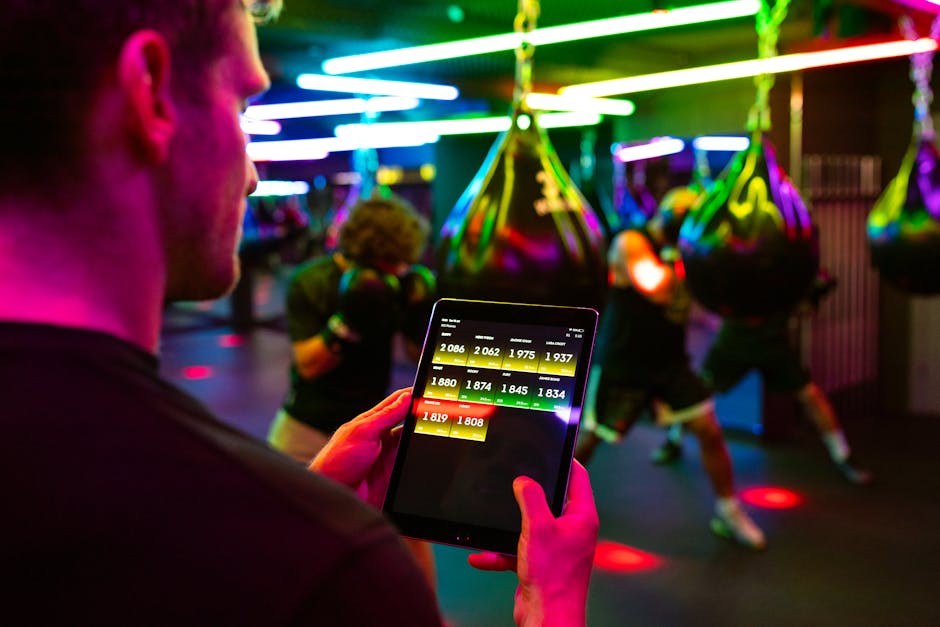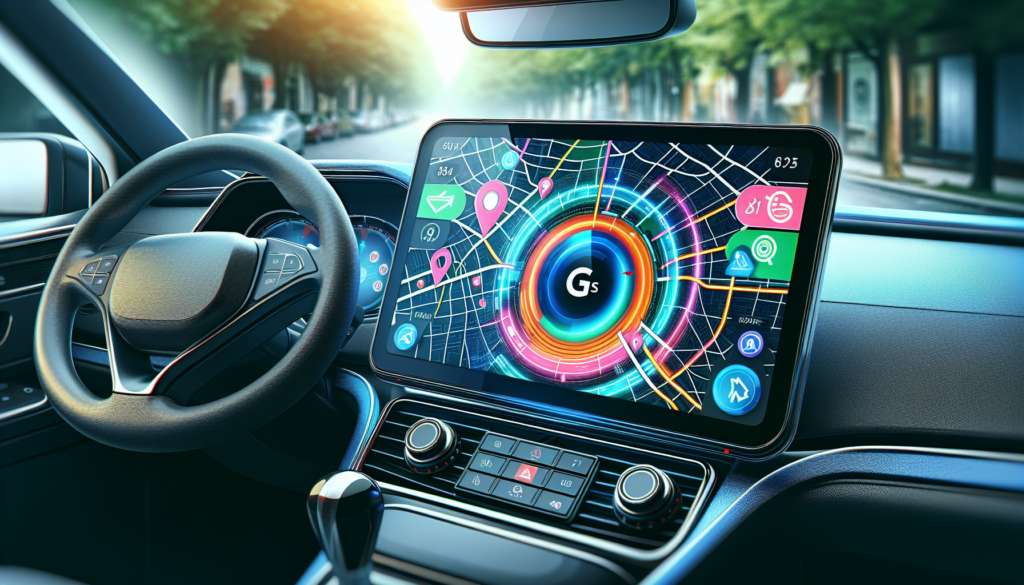The Ultimate Guide to GPS Navigation Devices
Welcome to the ultimate guide to GPS navigation devices! In a world where technology is advancing at a rapid pace, GPS navigation devices have become an integral part of our daily lives. From helping us navigate unfamiliar roads to tracking our fitness activities, GPS devices have revolutionized the way we move and stay connected. In this comprehensive article, we will delve into the intricacies of GPS navigation devices, exploring their history, applications, controversies, and future implications. So, buckle up and let’s embark on a journey through the world of GPS technology.
The Evolution of GPS Navigation Devices
GPS, or Global Positioning System, is a network of satellites that orbit the Earth, providing precise location and time information to GPS receivers. The concept of GPS was first developed by the United States Department of Defense in the 1970s for military purposes. However, it wasn’t until the late 1990s that GPS technology became accessible to the general public through handheld devices.
One of the pioneering GPS navigation devices was the Garmin GPS 100, released in 1991. This handheld device revolutionized navigation by allowing users to input coordinates and receive real-time location information. Over the years, GPS devices have evolved significantly, becoming smaller, more accurate, and feature-packed. Today, GPS navigation devices are available in various forms, including dedicated GPS units, smartphones, smartwatches, and even vehicle navigation systems.
Applications of GPS Navigation Devices
The applications of GPS navigation devices are vast and diverse, spanning across multiple industries and sectors. Let’s explore some of the key uses of GPS technology:
1. Automotive Navigation
One of the most common uses of GPS navigation devices is in automotive navigation systems. These devices provide turn-by-turn directions, real-time traffic updates, and points of interest along the route. Automotive GPS units have become a staple in modern vehicles, helping drivers reach their destinations efficiently and safely.

2. Outdoor Activities
GPS devices are popular among outdoor enthusiasts for activities such as hiking, camping, and geocaching. Outdoor GPS units are rugged and durable, with features like topographic maps, waypoints, and compasses to aid navigation in remote areas. These devices are essential for adventurers exploring off-the-grid locations.

3. Fitness Tracking
GPS technology has revolutionized the way we track our fitness activities. Fitness wearables like smartwatches and fitness trackers now come equipped with GPS capabilities to monitor our running, cycling, and swimming sessions accurately. GPS-enabled fitness devices provide valuable data such as distance covered, pace, and elevation gain, helping users analyze their performance and set new goals.

4. Aviation and Marine Navigation
GPS navigation devices play a crucial role in aviation and marine navigation, guiding pilots and sailors to their destinations with precision. Aircraft and ships are equipped with sophisticated GPS systems that provide accurate positioning, altitude, and speed information. GPS technology has significantly improved safety and efficiency in air and sea travel.
The Future of GPS Navigation Devices
As technology continues to advance, the future of GPS navigation devices looks promising. Here are some trends and developments to watch out for:
1. Improved Accuracy
Advancements in satellite technology and signal processing algorithms are leading to improved GPS accuracy. Future GPS devices are expected to provide even more precise location information, especially in urban areas with tall buildings and obstructed signals.
2. Integration with Augmented Reality
Augmented reality (AR) technology is being integrated into GPS navigation devices to provide users with interactive and immersive experiences. AR overlays can display real-time navigation instructions, points of interest, and contextual information directly on the user’s field of view, enhancing situational awareness and navigation capabilities.
3. Smart Home Integration
GPS navigation devices are increasingly being integrated into smart home systems to provide location-based automation and security features. For example, smart home devices can adjust lighting, temperature, and security settings based on the user’s location, creating a seamless and personalized living experience.
Expert Opinions on GPS Navigation Devices
We reached out to experts in the field of GPS technology to gather their insights on the future of GPS navigation devices:
Dr. Sarah Johnson, GPS Technology Researcher:
“The integration of GPS technology with other emerging technologies like 5G, IoT, and AI is set to revolutionize navigation and location-based services. The possibilities are endless, from enhanced real-time traffic management to personalized location-based recommendations.”
John Smith, Automotive Industry Analyst:
“Automotive manufacturers are investing heavily in developing advanced GPS navigation systems that offer seamless integration with in-vehicle infotainment and connectivity features. The future of automotive navigation is about creating an interactive and intuitive driving experience for users.”
Common Misconceptions about GPS Navigation Devices
Despite the widespread use of GPS navigation devices, there are still some misconceptions surrounding their functionality and reliability. Let’s debunk some common myths:
1. GPS Devices Drain Battery Quickly
While it’s true that GPS devices consume battery power, modern devices are optimized to minimize power consumption. Users can adjust settings like location accuracy and background location services to optimize battery life without compromising navigation performance.
2. GPS Devices Only Work with Internet Connection
GPS navigation devices use satellite signals to determine location, so they do not require an internet connection to function. However, some devices may use internet connectivity for additional features like real-time traffic updates and point-of-interest search.
Conclusion
To wrap things up, GPS navigation devices have come a long way since their inception, transforming the way we navigate our world. From automotive navigation to fitness tracking, GPS technology has revolutionized various industries and continues to evolve at a rapid pace. As we look towards the future, the integration of GPS devices with emerging technologies holds immense potential for enhancing our daily experiences and simplifying our lives. So, whether you’re exploring new terrains or simply trying to find your way home, GPS navigation devices will continue to be our trusted companions on the journey ahead.
Remember, the world is at your fingertips with GPS navigation devices!

